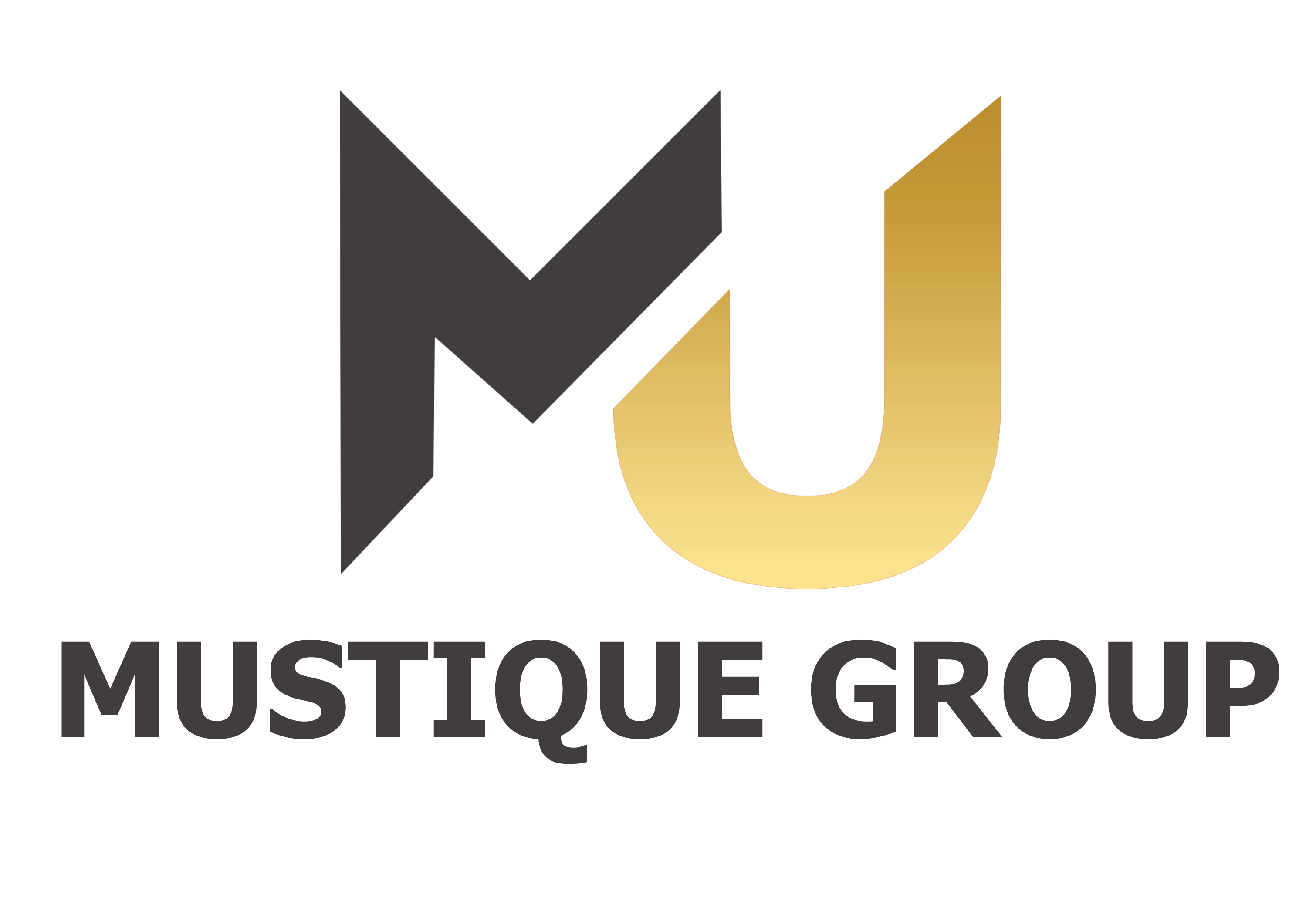Springbok Women determined to topple mighty Canada
Springbok Women captain Nolusindiso Booi said her team will enter Loftus Versfeld with excitement and determination when they face Canada at 13:30 on Saturday.

Nestlé has announced a $7 million (R124 million) investment to expand its cereal manufacturing facility in Harare.
This will reinforce Zimbabwe’s role as a strategic hub for breakfast cereal production in the Eastern and Southern Africa Region (ESAR).
This upgrade, which includes the installation of a fourth roller dryer for Nestlé CEREVITA, will increase the factory’s production capacity by over 35% and enable greater supply to both domestic and export markets, including Zambia, Malawi, and Mozambique.
The investment forms part of Nestlé’s long-term Africa for Africa strategy, which champions local manufacturing, sourcing, and talent development to build more self-reliant food systems across the continent.
“This investment is a clear proof point of our Africa for Africa strategy in action,” said Nicole Roos, Managing Director and Chairperson of Nestlé East and Southern Africa Region.
“It reflects how we are embedding our Virtuous Circle model – sourcing from local farmers, investing in local talent, manufacturing locally, and exporting regionally.”
“Zimbabwe is not just a market; it is a valued contributor to a more resilient, inclusive, and sustainable food system for Africa.”
Nestlé Zimbabwe has operated for over 60 years and is a major contributor to the local economy, employing over 400 people directly and indirectly, and supporting more than 350 local suppliers and smallholder farmers.
The new investment will not only enhance production and export capacity but also advance Zimbabwe’s Vision 2030 and National Development Strategy 1 by promoting industrialisation, employment, and food security.
Speaking at the commissioning ceremony, Minister of Industry and Commerce Hon. N.M. Ndhlovu, praised Nestlé’s role in revitalising Zimbabwe’s manufacturing sector.
“This momentous occasion signifies yet another milestone in Nestle’s journey of resilience, growth and development in Zimbabwe,” said Ndhlovu.
“It is not merely an addition to their impressive infrastructure, but a testament to the company’s enduring commitment to Zimbabwe.”
Khaled Ramadan, Managing Director of Nestlé East Africa, highlighted the broader regional benefits.
“Our brands, like CEREVITA, are trusted by families across Southern Africa,” said Ramadan.
“With this expansion, we are better equipped to meet rising demand while contributing to stronger local economies, sustainable agriculture, and improved livelihoods.”
Nestlé’s Harare factory is one of the few cereal manufacturing facilities of its kind in the region and a cornerstone of its $40 million (R710 million) investment programme to scale cereal and coffee production across Eastern and Southern Africa.
The factory’s recent recognition as First Runner-Up for Manufacturing Exporter of the Year 2025 by the Zimbabwe National Chamber of Commerce further reflects its impact on trade and economic development.
In addition to manufacturing, Nestlé continues to play a key role in youth empowerment and capability building through its graduate trainee and technical training programmes.
Its approach to sustainability includes local sourcing, water and energy efficiency, and a commitment to responsible waste management through initiatives like its industrial water treatment plant.
This latest investment reaffirms Nestlé’s long-term vision for Zimbabwe – one rooted in shared prosperity, regional integration, and the creation of a more resilient, inclusive food ecosystem across Africa.
Issued on BusinessTech | By their Partner | https://businesstech.co.za/news/industry-news/829344/nestle-invests-r124-million-to-boost-southern-african-cereal-production/
Springbok Women captain Nolusindiso Booi said her team will enter Loftus Versfeld with excitement and determination when they face Canada at 13:30 on Saturday.
Mozambique defender Reinildo Mandava has parted ways with Atletico Madrid and is set for a move to Premier League side Sunderland on a free transfer.
A new Asus survey reveals that 77% of South African business decision-makers are ready to adopt AI tools immediately, with over half already experiencing measurable outcomes. These findings point to a tech-savvy market that is not just exploring AI, but actively using it to improve productivity, sharpen decision-making and enhance customer experiences.


